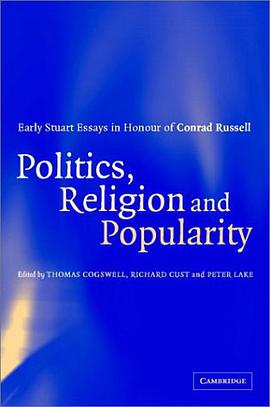

具体描述
This 2002 study links two fundamental political structures of the Cold War era, the transatlantic security system and the international monetary system. Central to this issue is a problem which soured relations between the Federal Republic and its allies from the 1950s to the 1970s: who was to bear the enormous cost of British and American troops in Germany? Both Washington and London identified this cost as a major reason for the decline of their currencies, whereas Germany reluctantly paid and traded 'Money for Security'; a fundamental pattern of its postwar foreign policy. The interweaving of money and security leads toward a more complete understanding of transatlantic history during the Cold War, one which provides an incisive comment on the pattern of simultaneous conflict and cooperation in the interaction of modern states, demonstrates the influence of domestic politics on foreign policies, and comments on the relative nature of American hegemony.
作者简介
目录信息
读后感
评分
评分
评分
评分
用户评价
相关图书
本站所有内容均为互联网搜索引擎提供的公开搜索信息,本站不存储任何数据与内容,任何内容与数据均与本站无关,如有需要请联系相关搜索引擎包括但不限于百度,google,bing,sogou 等
© 2026 book.wenda123.org All Rights Reserved. 图书目录大全 版权所有




















